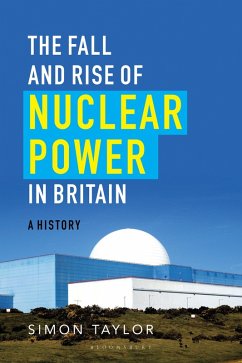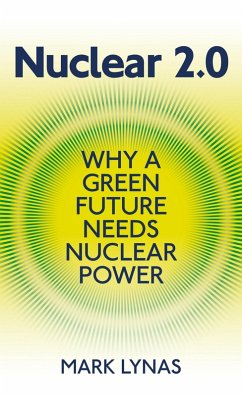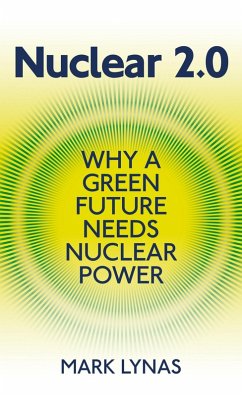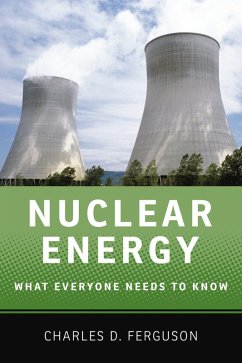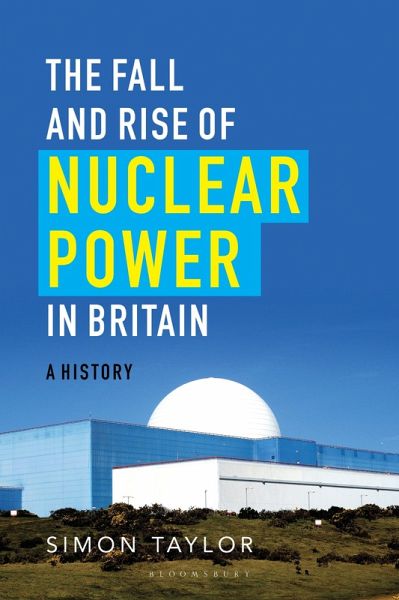
The Fall and Rise of Nuclear Power in Britain (eBook, PDF)
A history
Versandkostenfrei!
Sofort per Download lieferbar
19,95 €
inkl. MwSt.
Weitere Ausgaben:

PAYBACK Punkte
10 °P sammeln!
The story of the rise, fall and second ascendancy of nuclear power in the United Kingdom. Britain was a pioneer in civil nuclear power and there were once high hopes in the 1950s that this could be a source of cheap electricity and a valuable export opportunity. In The Fall and Rise of Nuclear Power in Britain, Simon Taylor examines why these hopes were never realised, and how we have come to see a new rise in nuclear power in recent years. He traces the UK's nuclear energy history, from the optimism of the 1950s, through the disillusionment of the 1980s, to a new role for nuclear in the 21st ...
The story of the rise, fall and second ascendancy of nuclear power in the United Kingdom. Britain was a pioneer in civil nuclear power and there were once high hopes in the 1950s that this could be a source of cheap electricity and a valuable export opportunity. In The Fall and Rise of Nuclear Power in Britain, Simon Taylor examines why these hopes were never realised, and how we have come to see a new rise in nuclear power in recent years. He traces the UK's nuclear energy history, from the optimism of the 1950s, through the disillusionment of the 1980s, to a new role for nuclear in the 21st century. The construction of Britain's first new nuclear power station in 20 years, Hinkley Point C, marks a major change of policy. Throughout this book, Taylor provides a comprehensive overview of energy policy, economics, politics and changing environmental priorities, keying into debates about the generation and sustainability of this controversial energy source. Will this new nuclear energy turn out to be a heroic story of UK leadership on a matter of global importance, or will it prove a hugely costly folly, as with British nuclear power in the past?




